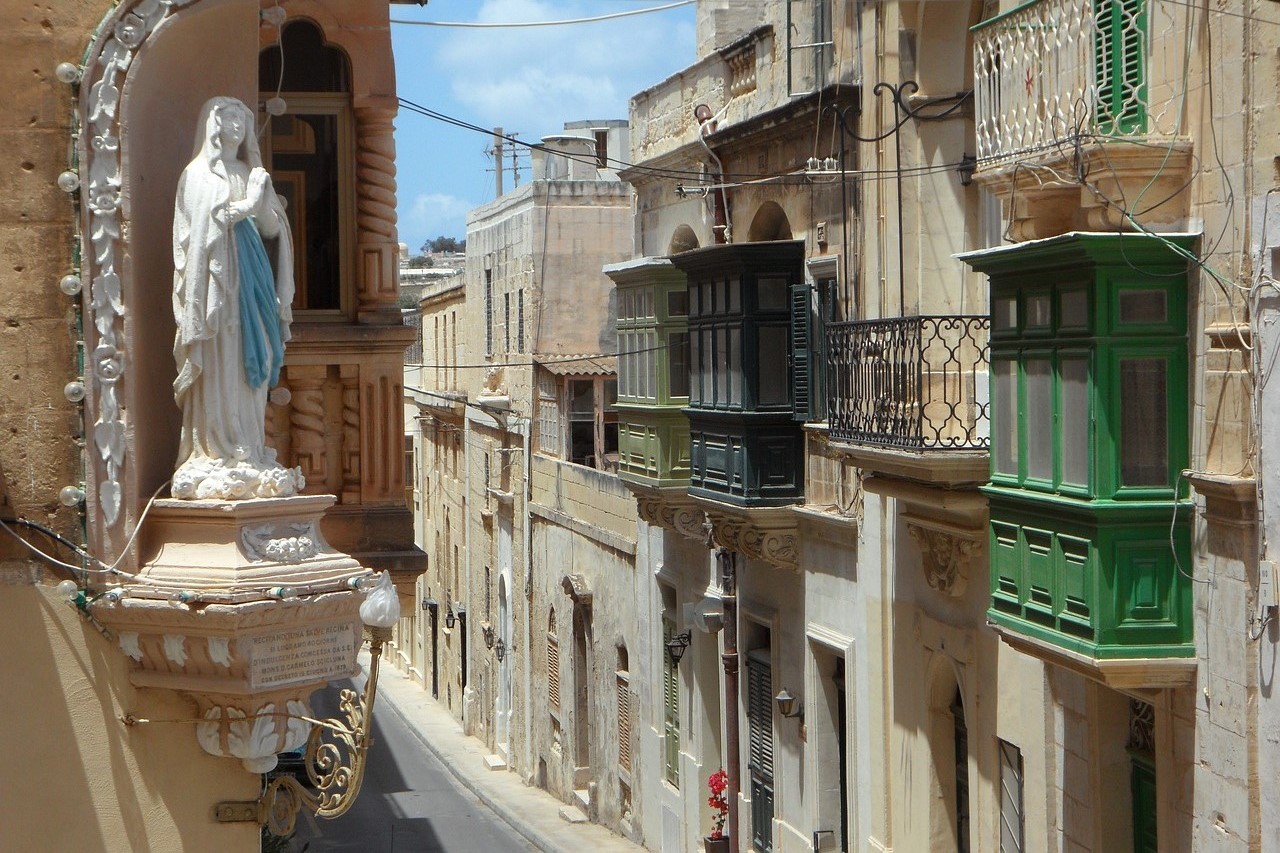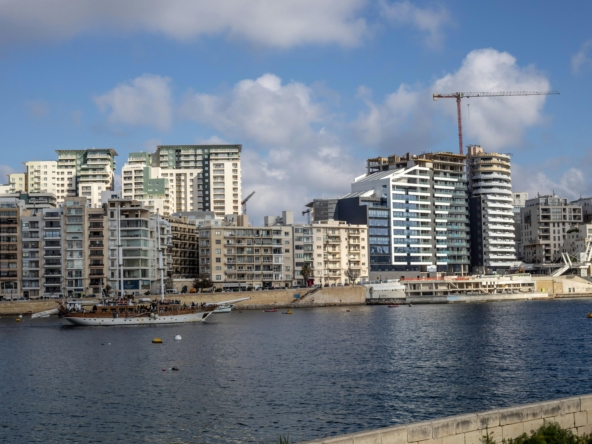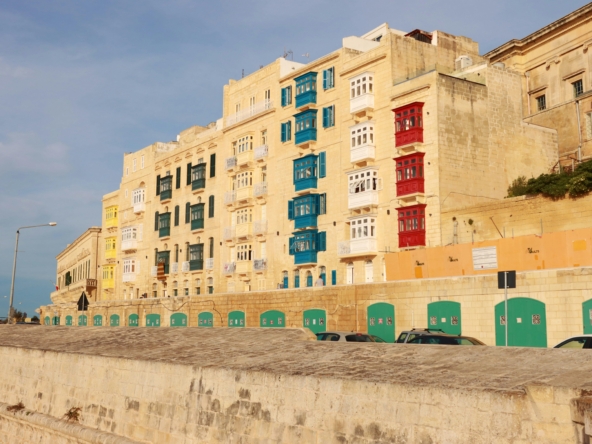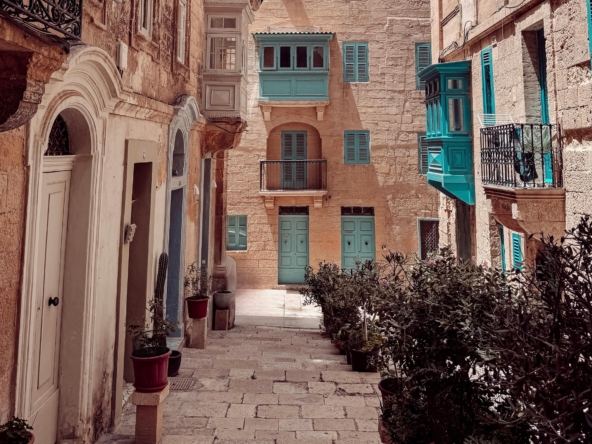Renovating a property in Malta is an exciting prospect, whether you’re transforming an old farmhouse, updating a seaside apartment, or restoring a historical townhouse in Valletta. Malta’s property market offers a variety of opportunities for renovation, but it’s important to understand the specific regulations, costs, and processes involved to ensure a successful project. Here’s a guide to help you navigate the essentials of property renovation in Malta.
1. Understand Local Planning and Permits
Renovating a property in Malta often requires approval from the Planning Authority (PA), especially if the property is located within a designated Urban Conservation Area (UCA) or is a heritage-listed building. Depending on the scope of work, you may need to apply for specific permits, particularly if structural changes, extensions, or facade modifications are involved.
- Full Development Permits: Required for extensive renovations, such as extensions or structural changes.
- Minor Works Permits: Applicable for smaller projects like internal alterations or non-structural updates.
It’s advisable to work with a licensed architect who can help you navigate the planning regulations and submit the necessary permits on your behalf. If the property is within a heritage area, consult the Superintendence of Cultural Heritage for guidelines on maintaining historical integrity.
2. Budget for Additional Costs
When budgeting for a renovation in Malta, it’s important to account for more than just the construction work. There may be additional costs related to permits, architectural fees, labor, and materials. Be prepared for:
- Architect and Surveyor Fees: These professionals are essential for planning and executing a safe and compliant renovation.
- Permit Fees: Permit costs vary depending on the type and extent of work.
- Unexpected Structural Issues: Older Maltese properties may have hidden structural issues such as dampness, outdated wiring, or insufficient foundations. Including a contingency fund of around 10-15% of your budget can help cover any surprises.
3. Choose the Right Materials
Malta’s warm Mediterranean climate and humidity can affect certain materials, so it’s essential to choose finishes that are both durable and suitable for the local environment. For example:
- Maltese Limestone: Often used for facades and walls, this material maintains Malta’s unique architectural character but requires proper maintenance.
- Waterproofing: Given Malta’s humidity, it’s crucial to include waterproofing materials for walls, floors, and ceilings, especially in basements or ground-level rooms.
- Thermal Insulation: Installing thermal insulation will improve energy efficiency, as traditional Maltese properties can become uncomfortably hot in summer and cold in winter.
An experienced contractor will be familiar with the best materials for Malta’s climate, so make sure to consult with them during the planning phase.
4. Respect Heritage and Conservation Requirements
Malta’s architectural heritage is unique, with many properties featuring traditional limestone walls, vaulted ceilings, and colorful tilework. If your renovation involves a property within a UCA or a heritage building, there will likely be restrictions on what you can alter.
- Preservation of Architectural Features: Authentic Maltese features, such as wooden balconies, ‘Maltese balconies,’ limestone facades, and patterned tiles, often need to be preserved.
- Facade Regulations: The PA may require you to maintain or restore the original facade. This means working with specific materials or adhering to historical designs to keep the building’s character intact.
Working with a conservation architect who specializes in Maltese heritage properties can ensure your renovation respects these requirements while enhancing the property’s appeal.
5. Finding Reliable Local Contractors
Hiring reputable contractors with experience in Malta’s construction and renovation sector is essential. A local contractor will understand the unique aspects of Maltese buildings, from the structural challenges of older homes to the materials best suited for Malta’s environment.
- Request References: Look for contractors with a strong portfolio of successful renovations in Malta, especially if they have experience working with older properties.
- Clear Contracts and Timelines: Establish a clear timeline and budget in your contract to ensure everyone is aligned on expectations.
- Visit Previous Projects: If possible, visit some of the contractor’s previous renovation projects to assess the quality of their work and attention to detail.
6. Be Prepared for Timeline Extensions
Renovations often take longer than anticipated, and this is especially true when dealing with heritage properties or structural changes. Allow for some flexibility in your timeline to account for delays with permits, unexpected construction issues, or weather interruptions.
- Permit Approval Times: Permit applications with the PA can sometimes take longer than expected, so plan your renovation timeline accordingly.
- Construction Delays: Renovating older properties may reveal unexpected issues, like damp walls or unstable foundations, which can require extra time to resolve.
If you have a strict deadline, communicate this with your contractor upfront and consider working with an experienced project manager who can oversee the renovation’s progress.
7. Consider Energy Efficiency and Sustainability
Adding energy-efficient features can enhance your property’s comfort and reduce long-term utility costs. Here are some energy-saving updates to consider:
- Double Glazing Windows: Reduces heat loss in winter and helps keep the property cool in summer.
- Solar Panels: Malta has plenty of sunshine, making solar energy a great choice for reducing electricity bills.
- Efficient Lighting and Appliances: Using energy-efficient bulbs and appliances can reduce consumption and benefit the environment.
Sustainable renovations are not only beneficial for the environment but can also increase the appeal and value of your property.
8. Think About Resale Value
If you’re renovating with the intent to sell or rent the property, focus on features that will increase its market appeal. Location, quality finishes, modern amenities, and energy-efficient upgrades are all attractive to prospective buyers and renters. Keep an eye on the current trends in Malta’s property market to see what features are most in demand.
9. Don’t Forget About Outdoor Spaces
Many properties in Malta offer some form of outdoor space, whether it’s a balcony, terrace, or small garden. Outdoor areas are highly valued in Malta’s real estate market, so consider investing in these spaces if you have them. Adding plants, seating, or an outdoor kitchen can significantly increase the appeal of your property.
Conclusion
Renovating a property in Malta is a rewarding endeavor that can add value, enhance comfort, and preserve Malta’s unique architectural charm. By understanding the local planning requirements, choosing durable materials, and working with experienced professionals, you’ll set yourself up for a successful renovation. Whether you’re updating a heritage townhouse or modernizing a coastal apartment, these tips will help you transform your property into a beautiful, functional space that complements Malta’s rich culture and history.




